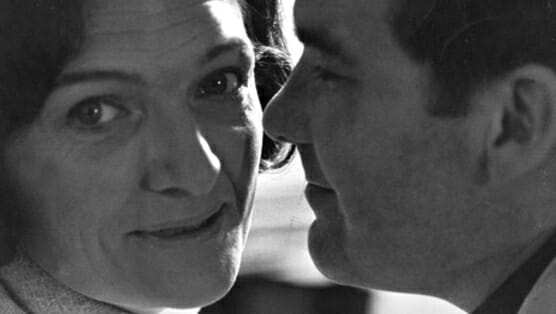Romany and Tom by Ben Watt

Musicians, especially successful ones, often write books. The works usually adhere to certain guidelines; most notably, musicians write about music.
Ben Watt—the English artist who made up one half of the group Everything but the Girl, then helmed record labels and became a successful DJ—doesn’t care for this convention.
Watt’s first book, Patient: The True Story of a Rare Illness, described his near-death experience after contracting Churg-Strauss syndrome, an autoimmune disease. His recent work, Romany And Tom, takes a different tack: It’s about his parents.
So here’s a spoiler alert: Don’t pick this book up if you want to read what Watt envisioned when he concocted his powerful remix of Terri Walker’s “Guess You Didn’t Love Me.” He also just released a new album of elegant folk rock, Hendra, but you wouldn’t know that from Romany and Tom. Even Watt’s wife and EBTG co-founder Tracey Thorne plays only a small role. As Watt noted in an interview with Diffuser.FM, “I only ever write out of compulsion.”
What compelled him? The lives and loves of his mother and father. “We only ever see the second half of our parents’ lives,” Watt writes, “the downhill part.”
The effort to see his parents’ lives as a whole leads Watt to a better understanding of them and of himself. The parents “we see and judge every day have been shaped by experiences … which we have never known: the times they were hurt; the days they won; the times they compromised.” Judging is easy, knowing harder, empathizing harder still.
Watt’s mother Romany loved to act, but her dreams of being an actress got cut short by children in her first marriage. She changed tack, becoming a journalist and writing for a number of publications. Watt’s family vacations often depended on his mother’s assignments, when she got to write a travel story or profile a star living abroad.
She kept “scrapbooks and souvenirs … full of notes, inserted scraps of paper, and handwritten annotations,” many “underlining the importance of ‘Burton.’” That’s the actor Richard Burton, who Romany describes as “sex in chainmail.” She interviewed him several times. Other famous subjects of her writing included “a badly hung over Richard Harris,” “a nervous Michael Caine on the eve of stardom in The Ipcress File,” Anthony Hopkins, Goldie Hawn and Woody Allen.
-

-

-

-

- Curated Home Page Articles By Test Admin October 21, 2025 | 3:10pm
-

- Curated Home Page Articles By Test Admin October 21, 2025 | 2:57pm
- Urls By Test Admin October 21, 2025 | 2:57pm
- Curated Home Page Articles By Test Admin October 21, 2025 | 2:55pm
-

-

-

-

-

-

-

-

-

-

-

-

-

-

-

-

-

-

-

-

-

-

-

-

-

-

-

-

-

-

-




































